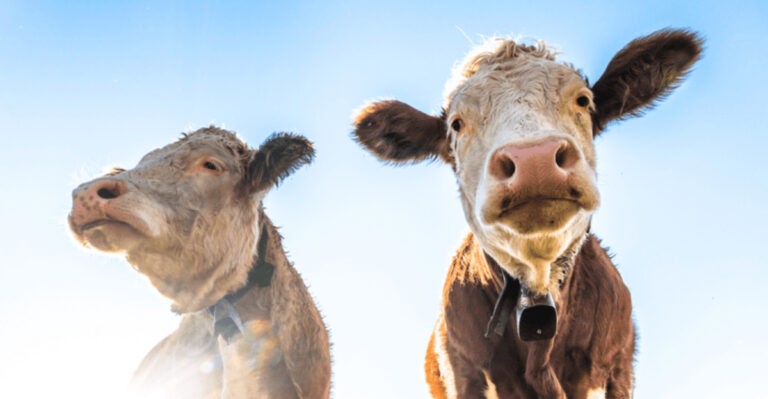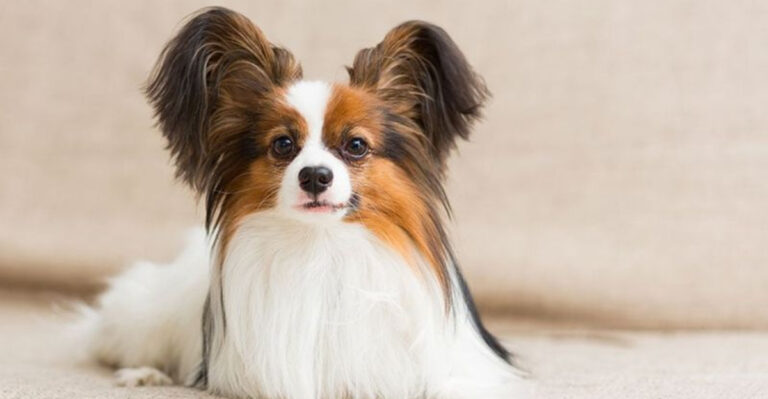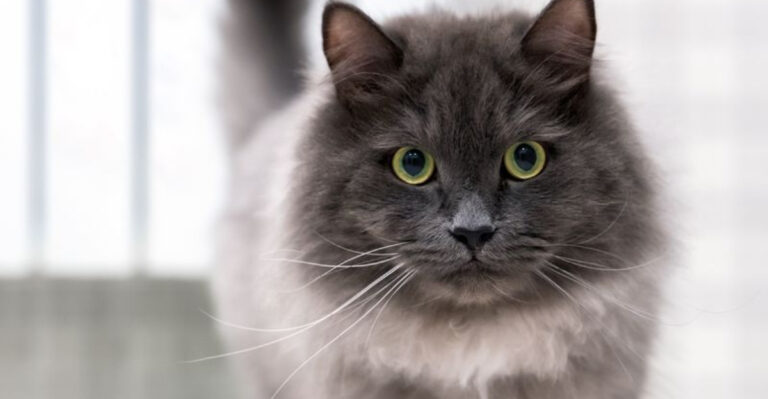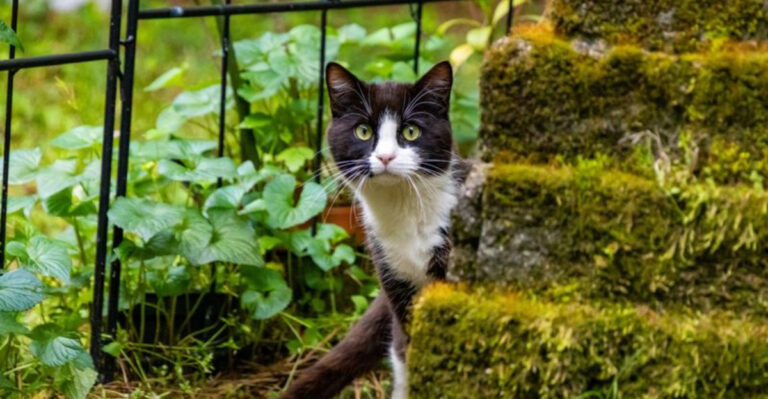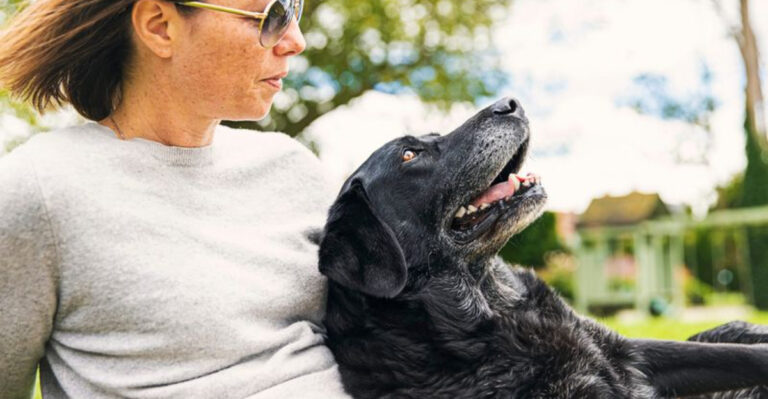16 Dog Breeds I Would Avoid At All Costs
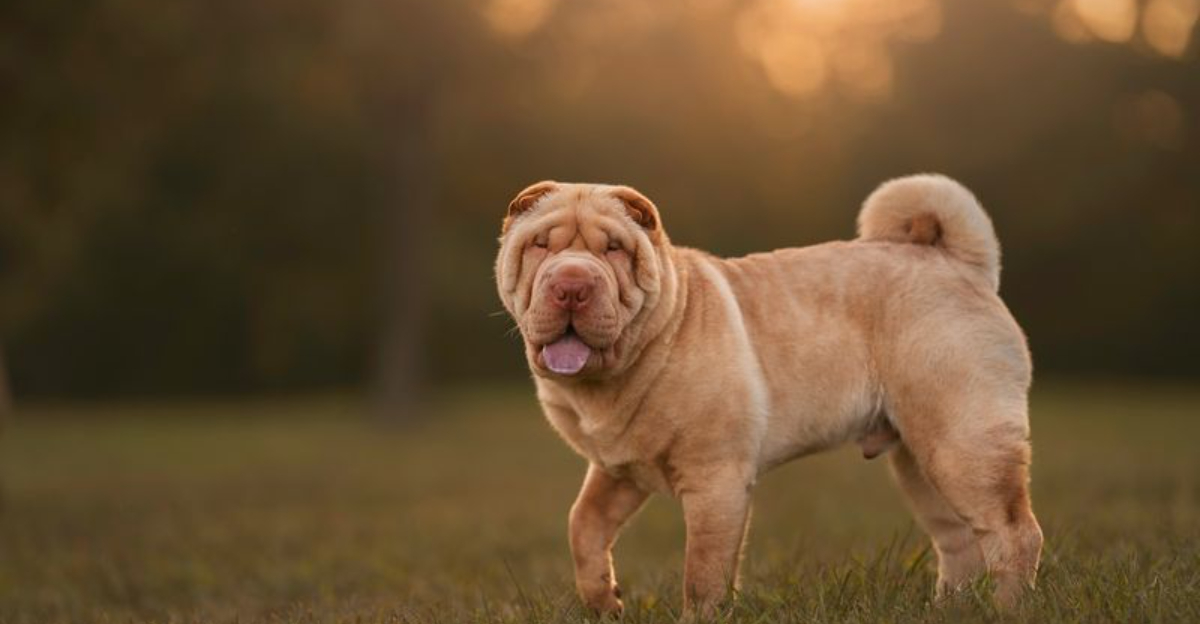
When choosing a dog, it’s essential to consider more than just their appearance. Some breeds may seem cute or appealing at first, but they can come with unique challenges that make them difficult to care for.
Whether it’s due to health issues, grooming needs, or temperament, certain dog breeds can be overwhelming for first-time owners or those looking for a more low-maintenance companion.
1. Chow Chow
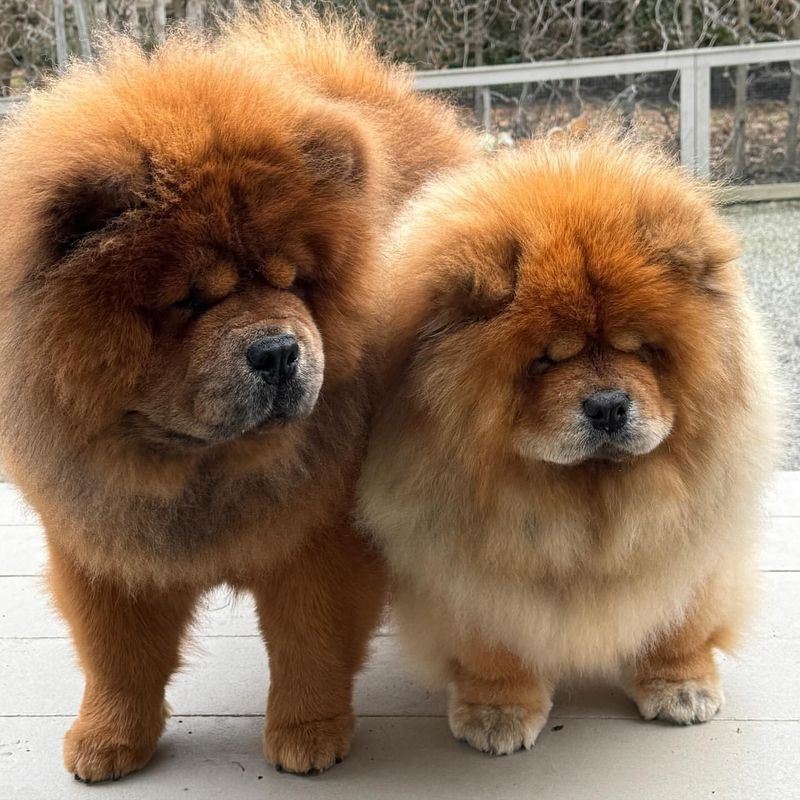
Chow Chows are known for their distinctive appearance and aloof nature. Their lion-like mane and regal presence might be appealing, but these dogs can be quite challenging for novice owners. Chow Chows are often reserved and wary of strangers, which can make socializing difficult.
This breed requires consistent and firm training from an early age to manage its dominant tendencies. If not properly trained, a Chow Chow can become stubborn and hard to control. They are not the most affectionate dogs, preferring independence over constant companionship.
Additionally, they tend to be territorial and may exhibit aggressive behavior if they feel threatened. Early socialization is crucial to prevent any negative traits. Due to their thick fur, grooming is another significant aspect to consider, as they shed heavily and need regular maintenance.
2. Dalmatian
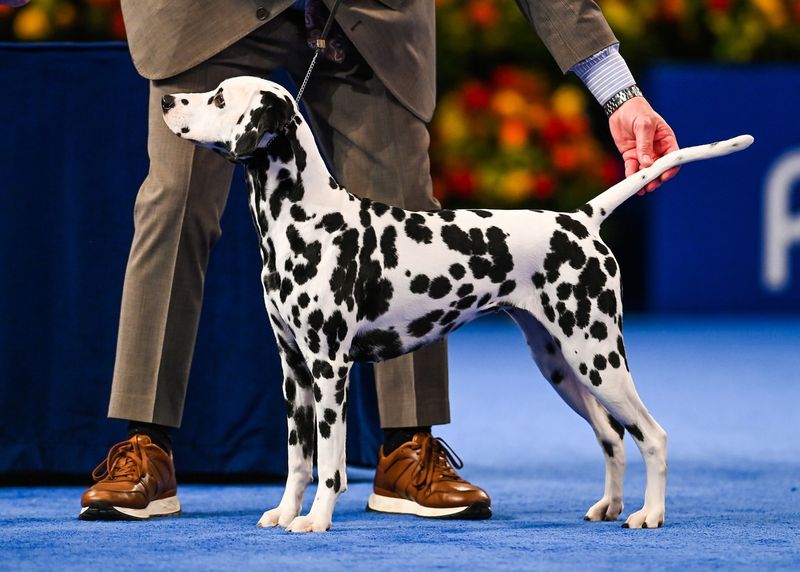
Dalmatians, famous for their unique spots and boundless energy, require a special kind of owner. These dogs are athletic and thrive in environments where they can run and play extensively. However, their high energy level can be overwhelming for someone who prefers a more relaxed lifestyle.
Dalmatians also require a significant amount of training and socialization. Without it, they can develop behaviors such as destructiveness or excessive barking. Another important consideration is their health; Dalmatians are prone to deafness and urinary issues.
For families with small children or other pets, Dalmatians might not be the best choice as they can be overly boisterous. Their strong need for daily physical activity means they are best suited for active individuals who enjoy outdoor activities.
3. Rottweiler
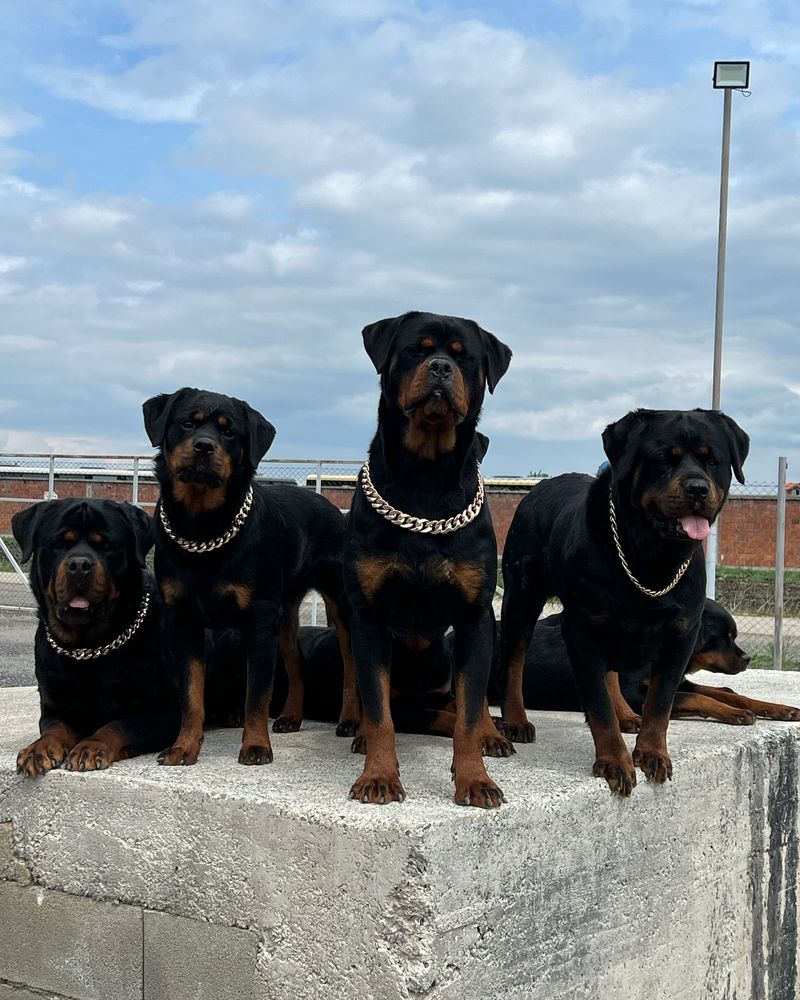
Rottweilers are powerful and protective dogs that require an experienced owner to manage their strong-willed nature. Known for their loyalty and confidence, they can be excellent guard dogs, but their strength means they need proper training and socialization.
Without the right guidance, a Rottweiler might develop aggressive tendencies, especially if they perceive a threat to their family. Early training is essential to mold them into well-behaved family pets. They are not recommended for first-time dog owners due to their need for strong, consistent leadership.
Furthermore, this breed’s size and strength mean they can inadvertently harm small children during play. Rottweilers are best suited for homes with ample space and owners who can commit to their training and exercise requirements.
4. Afghan Hound
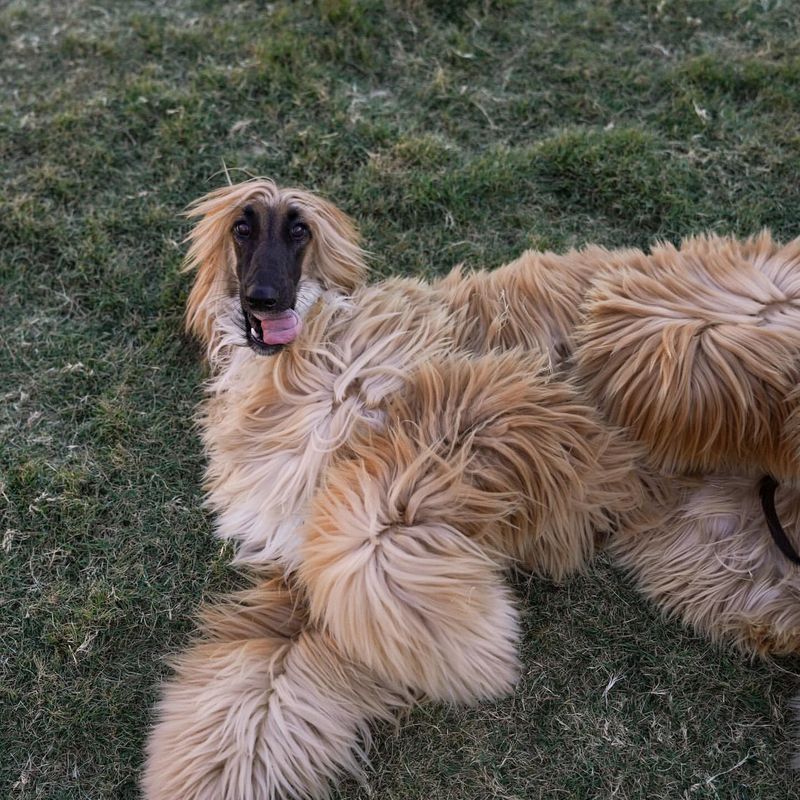
The Afghan Hound, with its elegant appearance and long, flowing coat, is a sight to behold. However, these dogs are not for everyone. Known for being independent and aloof, they require patience and understanding from their owners.
Afghan Hounds are not the easiest to train due to their independent nature. They might not respond well to commands, requiring a gentle yet firm approach. This breed is also known for its high grooming needs, as their luxurious coat demands regular attention to prevent matting.
While they can be affectionate with their family, Afghan Hounds often keep their distance from strangers. They require a calm and experienced handler who can cater to their unique personality and grooming requirements.
5. Akita
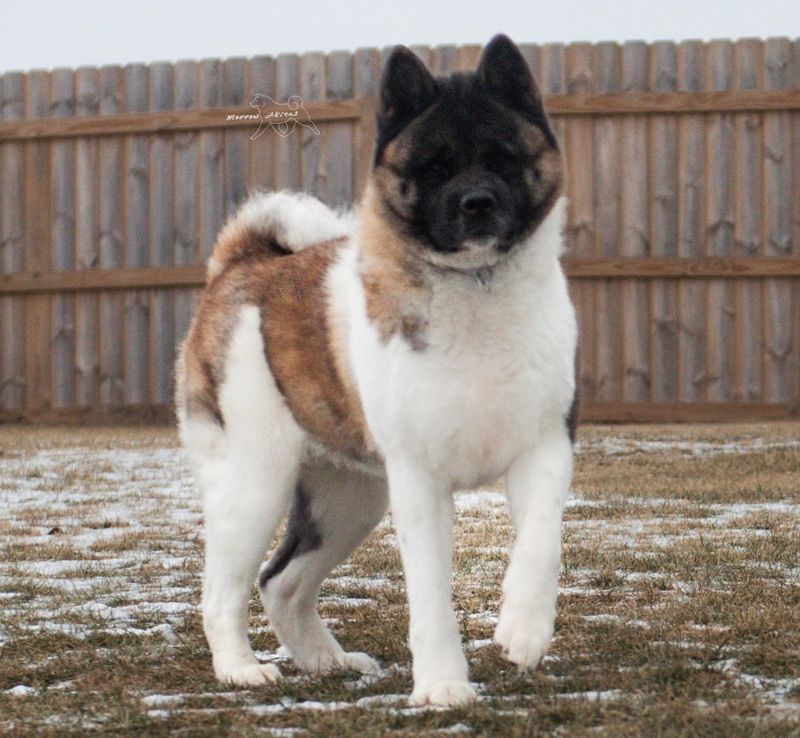
Akitas are known for their noble appearance and dignified demeanor. Originally bred as hunting dogs in Japan, they are strong, independent, and protective by nature. This breed is not ideal for a novice owner, as they require firm and consistent training.
Akitas can be reserved and aloof with strangers, often being suspicious and protective. They need early socialization to ensure they develop well-rounded temperaments. Without it, they may become territorial and aggressive towards other animals or unfamiliar people.
Moreover, their thick double coat requires regular grooming to manage shedding. Akitas thrive in environments where they have space to roam and a dedicated owner who can fulfill their training and exercise needs.
6. Jack Russell Terrier
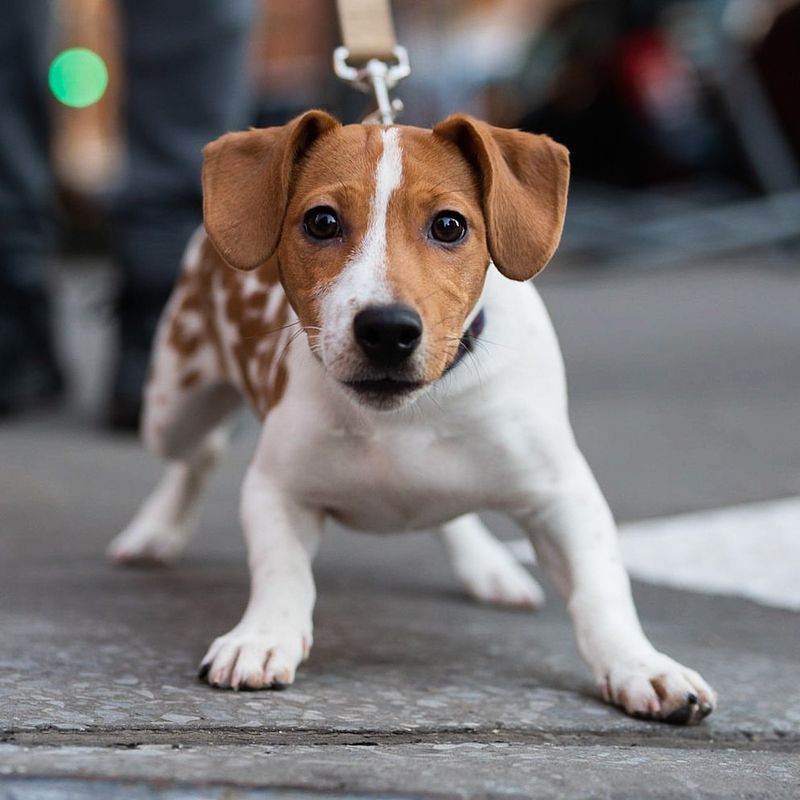
Jack Russell Terriers are small but incredibly energetic dogs that require substantial exercise and mental stimulation. Their spirited nature means they are always on the go, making them unsuitable for owners who prefer a more sedentary lifestyle.
This breed is known for its intelligence and independence, which can be a challenge when it comes to training. Jack Russells often have a mind of their own, requiring consistent and patient training methods. Without proper exercise, they can become destructive and excessively vocal.
Additionally, their strong prey drive means they may not coexist peacefully with other small animals. They are best suited for active households where they can engage in physical activities and have their mental needs met.
7. Bulldog
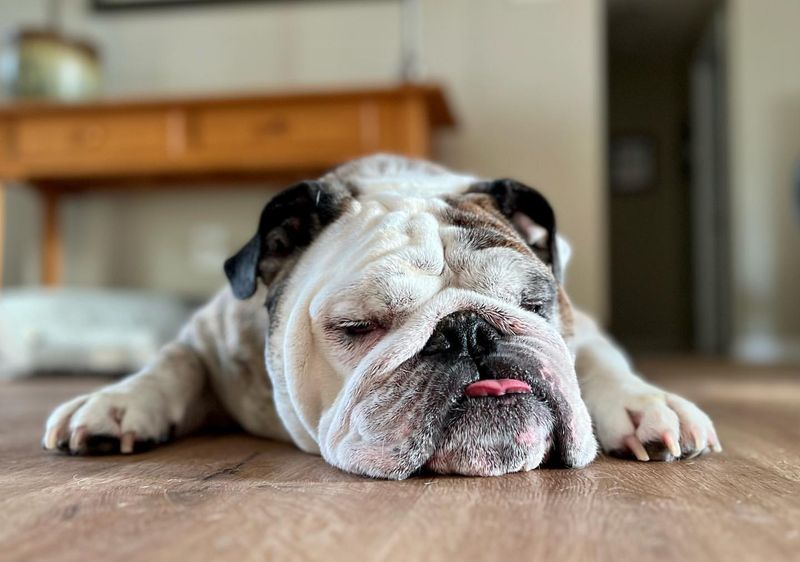
Bulldogs are known for their distinctive wrinkled faces and gentle demeanor. While they are often friendly and docile, they come with their own set of challenges. Bulldogs have a brachycephalic build, which can lead to breathing difficulties, especially in hot weather.
This breed is also prone to various health issues, including hip dysplasia and skin infections. As a result, potential owners should be prepared for potential veterinary expenses. Bulldogs do well in a relaxed and calm environment, as they are not particularly active.
For those seeking a playful and energetic companion, a Bulldog might not be the ideal choice. They require minimal exercise but need consistent care and attention to their health and well-being. Bulldogs thrive in loving homes where they can be pampered and cared for.
8. Chihuahua
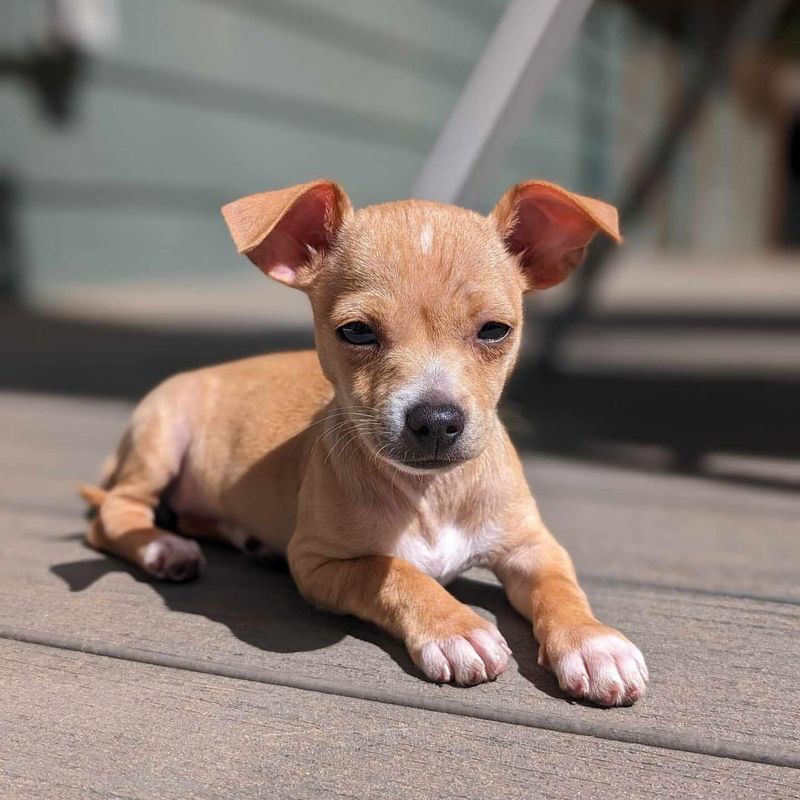
Chihuahuas are tiny dogs with big personalities. While their small size makes them easy to manage in terms of space, they often come with a bold and sometimes stubborn temperament. Chihuahuas require firm and consistent training to manage their behavior.
This breed can be quite vocal and tends to form strong bonds with one person, often showing wariness towards strangers. Due to their size, they are fragile and can be injured easily, making them less suitable for families with young children.
Chihuahuas need socialization to prevent them from becoming overly protective or anxious. Their small size means they are also sensitive to cold weather and require extra care during colder months. Chihuahuas thrive in homes where they can receive plenty of attention and affection.
9. Basenji
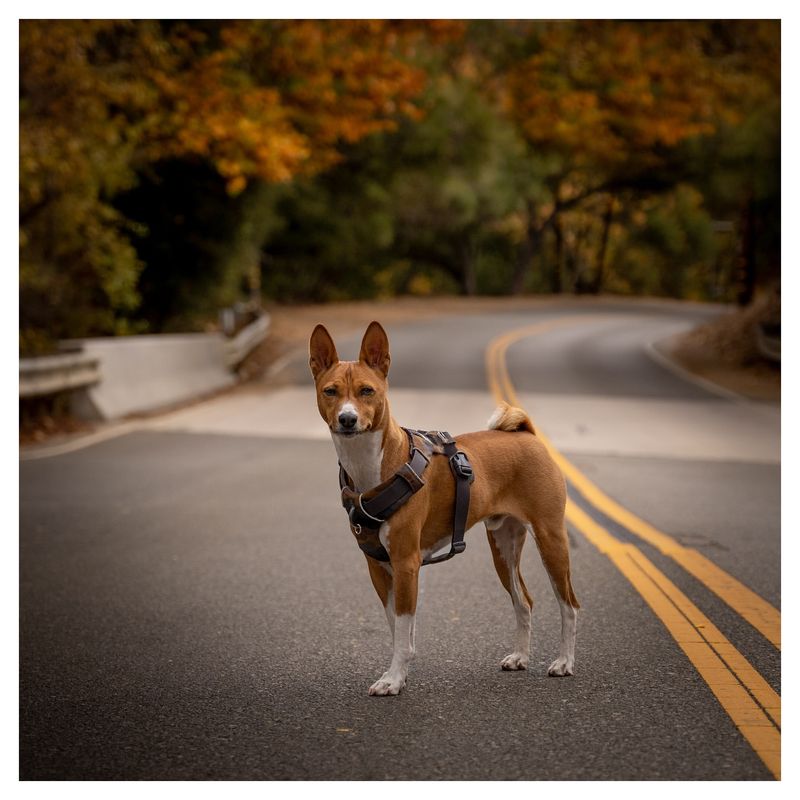
Basenjis are often referred to as “barkless dogs” due to their unique yodel-like vocalizations. While this might sound appealing, these dogs have a strong independent streak that can be challenging for inexperienced owners.
Basenjis are intelligent, but their stubbornness can make training difficult. This breed is known for being escape artists, so a secure yard is essential. They are also quite energetic and require regular exercise to prevent boredom and destructive behavior.
Basenjis are not the most affectionate dogs and may prefer their own company at times. They require patient and consistent training to manage their independent nature. Owners should be prepared for a commitment to understanding and catering to this breed’s unique characteristics.
10. Shar Pei
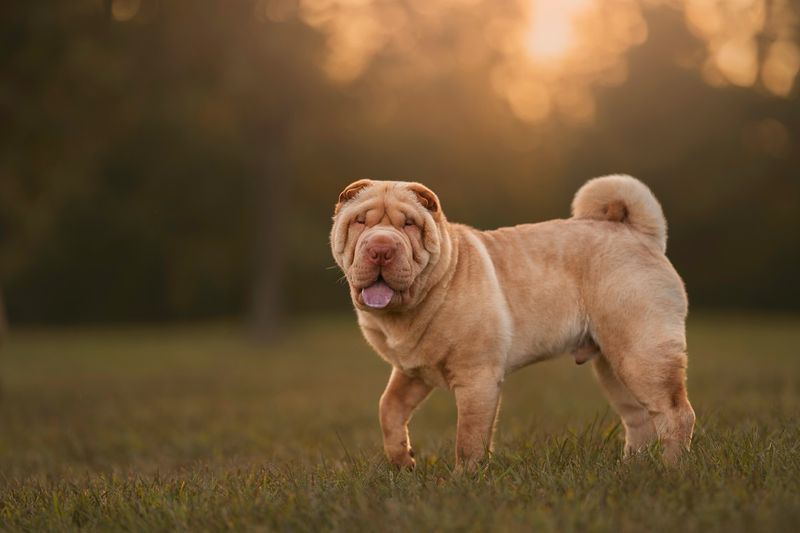
Shar Peis are easily recognizable due to their deep wrinkles and unique appearance. While they can be loyal and devoted companions, they also come with a range of challenges. This breed requires early socialization and training to prevent territorial and aggressive tendencies.
Shar Peis are known for being aloof and sometimes suspicious of strangers, which can make them excellent guard dogs. However, this trait also means they need careful management and training to ensure they behave appropriately.
Additionally, their wrinkled skin requires regular care to prevent infections and skin issues. Shar Peis need an owner who is committed to their health and training needs, ensuring they grow into well-adjusted pets.
11. Siberian Husky
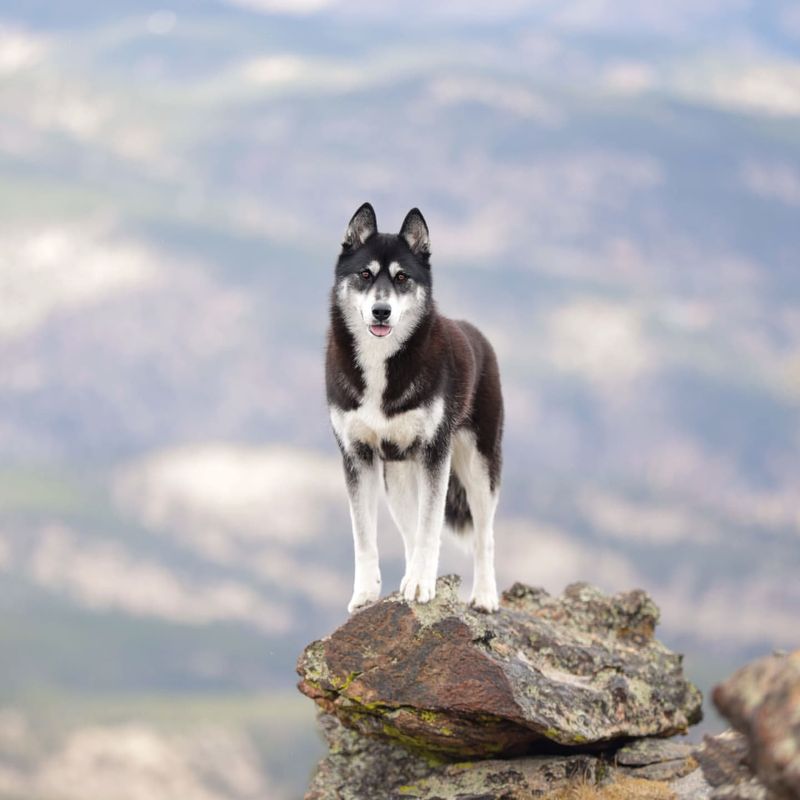
Siberian Huskies are known for their striking appearance and boundless energy. Bred for pulling sleds, they require substantial exercise and mental stimulation. These dogs are not suited for sedentary lifestyles and need an active owner who can meet their high energy needs.
Huskies are also known escape artists, requiring secure and fenced areas to prevent them from roaming. Their independent nature means they can be challenging to train, often requiring patience and consistency.
Additionally, their thick coat demands regular grooming, especially during shedding seasons. Siberian Huskies thrive in environments where they can exercise both body and mind, making them ideal for active individuals or families.
12. Weimaraner
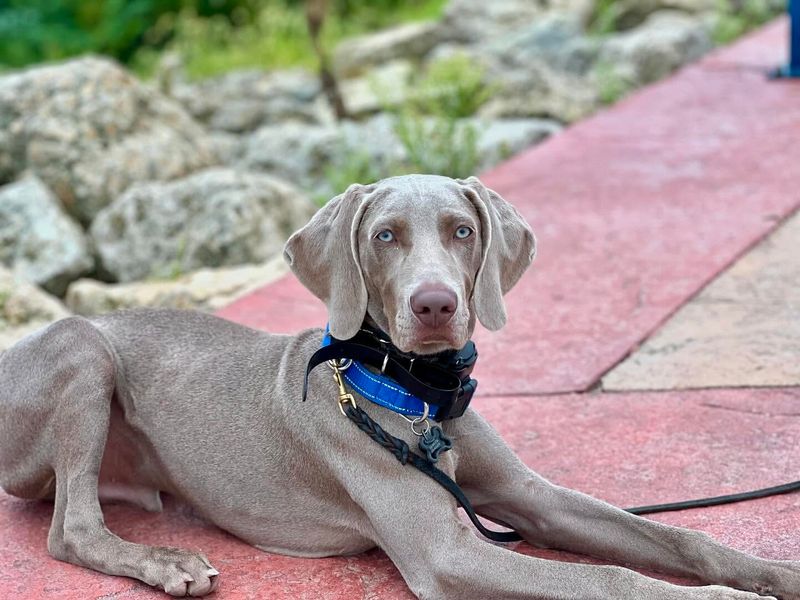
Weimaraners are elegant and athletic dogs that require a great deal of exercise and stimulation. Known for their intelligence and energy, they can be a handful for inexperienced owners. Weimaraners thrive in active households where they can participate in outdoor activities.
This breed is known for its strong prey drive, which can make them challenging to manage around smaller animals. They require early socialization and consistent training to channel their energy positively.
Weimaraners are also prone to separation anxiety, meaning they do best in homes where they have constant companionship or stimulation. An active lifestyle is essential to keep a Weimaraner happy and healthy.
13. Doberman Pinscher
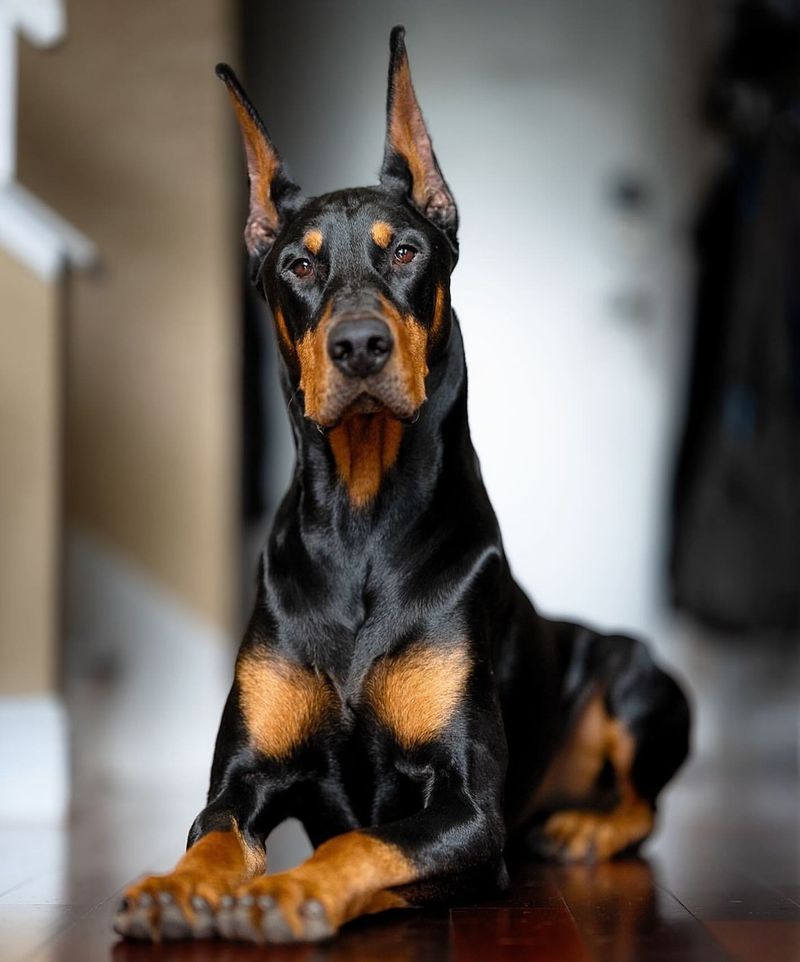
Doberman Pinschers are known for their intelligence and loyalty. They can be excellent protection dogs but require an experienced owner to manage their assertive nature. Dobermans are highly trainable but need early socialization to ensure they grow into well-rounded companions.
This breed is energetic and requires daily exercise and mental stimulation. Without it, they can develop behavioral issues such as anxiety or destructiveness. Dobermans are best suited for active and committed owners who can meet their physical and mental needs.
Their natural protective instincts mean they can be wary of strangers, necessitating proper training and socialization from a young age. With the right care and attention, Dobermans make loyal and devoted family pets.
14. Saint Bernard
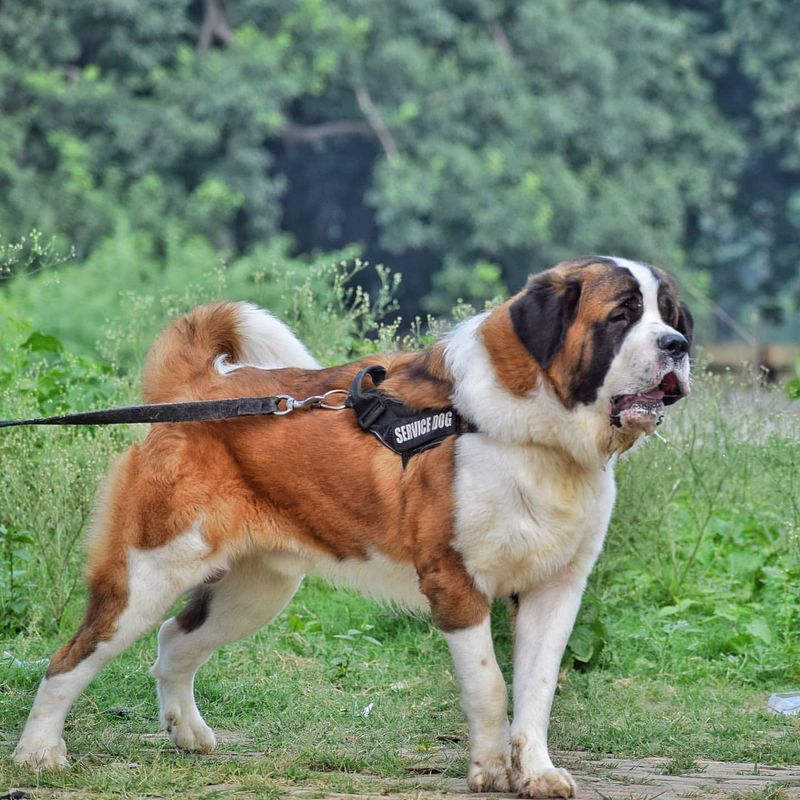
Saint Bernards are known as gentle giants, famous for their size and friendly nature. However, their massive size can be a challenge for some owners, requiring ample space and resources to accommodate them.
While they are generally good-natured, Saint Bernards can be clumsy, especially around small children. Their size means they need a strong handler who can manage them effectively. This breed is also prone to health issues such as hip dysplasia and requires regular grooming due to their thick coat.
Potential owners should be prepared for the responsibilities of owning a large breed, including the cost of food and veterinary care. Saint Bernards thrive in loving homes where they can receive the care and attention they need.
15. Shih Tzu
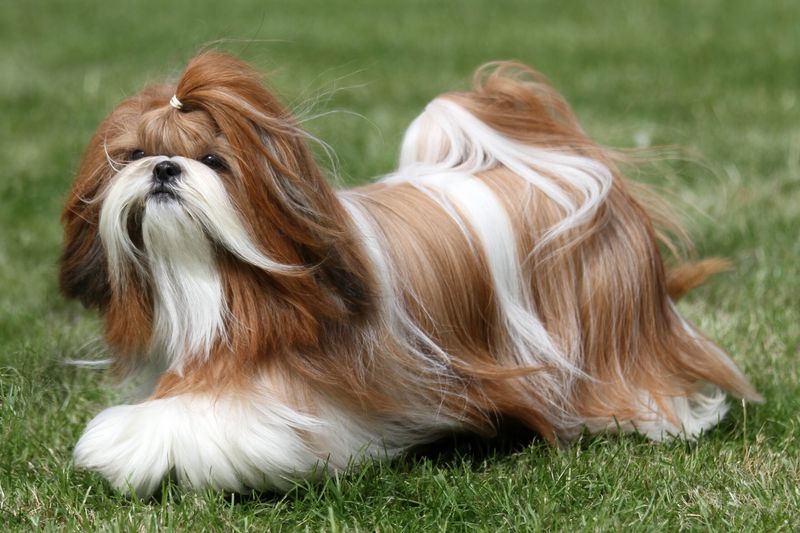
Shih Tzus are undeniably adorable, with their fluffy coats and sweet faces, but they can be quite challenging for first-time dog owners.
Their long, luxurious fur requires constant grooming and maintenance to prevent matting, which can be time-consuming and frustrating. Additionally, Shih Tzus are known for their stubbornness, often making training a bit of a struggle.
While they are affectionate and loyal, their independence and grooming needs make them better suited for owners who are prepared for the extra effort.
16. Pekingese
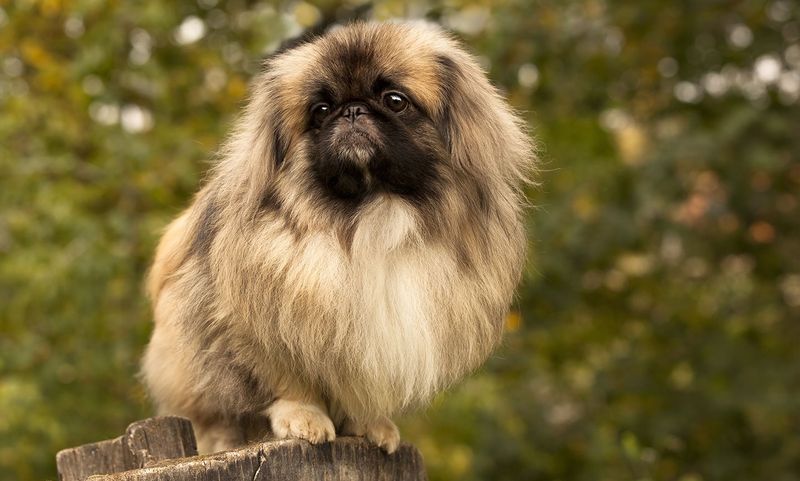
Pekingese dogs are charming and have a distinctive look, but they come with several challenges that might deter some potential owners. Their brachycephalic face—short and flat—can lead to breathing issues, particularly in hot weather or during exercise.
Pekingese are also prone to dental problems and require frequent grooming to keep their coat looking its best.
Despite their small size, these health concerns and grooming requirements can make them less suitable for owners who aren’t prepared for the extra care they need.

